Amita Desphande, founder of reCharkha
Did you know that only 9% of plastic gets recycled worldwide? The vast majority of disposable plastic and packaging is accumulating in landfills and collecting on the streets as litter.
When Amita Desphande was growing up in rural India, she couldn’t help but notice all of the trash out her window when she would visit family in nearby Pune. Year later, she is now running her own business, reCharkha - The EcoSocial Tribe, that is aimed at solving two important issues: waste management and generating livelihoods.
reCharkha employs rural women to upcycle waste into beautiful textiles and crafts using the traditional chakra and handloom. Their products range from handbags to home decor, and each item creates jobs for marginalized communities while routing plastic waste away from landfills.
Amita is a cohort member of Upaya and MIT D-Lab’s 2021 Scale-Ups Accelerator program. The program is focused on empowering women entrepreneurs to raise capital, grow their businesses, and create jobs that lift families out of extreme poverty. We had the pleasure of chatting with Amita to learn more about reCharkha’s origin story and where she plans to take the business from here.
Tell us about your journey to becoming an entrepreneur.
While I was in college, I studied engineering. And even when I was working in the IT sector, I continued to follow my passion for conservation as a volunteer and do environment-related activities, such as clean up drives or planting drives. Eventually, the company where I worked set up a corporate social responsibility (CSR) team. I volunteered to be a part of that team, but then I realised that this is something I'm loving, and I want to do it full time.
I took up a Master's programme at the Purdue University in the US and took some specific subjects related to sustainable development. I got a job in Chicago, and I worked there for a few years, working with corporates, like Starbucks, and Staples, and Mattel—working on their sustainability reports and CSR strategies. In 2013, I came back to India and started my own venture into CSR and did consulting for some companies and NGOs here in India.
But to do something at the grassroots—which really would make an impact—was something that I wanted to start. I realised that two problems really needed attention: waste management and livelihoods. I thought that something interesting needs to be done in that sector, which is not just about recycling plastic, but also something which brings about the social aspect in it. In researching various activities that can be done around plastic recycling, this whole concept of upcycling plastic using a charkha and hand loom came into the picture.
Did you always know you would start a company in this sector?.
I grew up in a really remote area in Dadra Nagar Haveli, a union territory. And while I was studying there as a child, I would look at the environment around us and see how pure it was. I would see the difference between the Dadra Nagar Haveli environment and a city like Pune, where most of my relatives used to be. When I used to take journeys in trains, or drive around with my family and see garbage around, I always used to wonder why it can't just be clean and beautiful like it is made to be, and what I can do on my level.
I started liking the whole idea of a cleaner planet. So the cause of conserving the environment was always very close to my heart. I never knew that I would have a career in that.
What led you to becoming an entrepreneur?
I come from a business family. So I've seen my father run a business. He is a first generation entrepreneur. And I always used to want to be like him. I wanted to be an entrepreneur—to run a business and take responsibility for what I do into my own hands. So I think that seed was sown while I was a child.
What is the vision for your organisation?
The vision is eventually we should run out of waste to upcycle. So generating awareness is the most important aspect of my work. And getting more and more people to refuse and reduce their use of disposable plastic and packaging waste, that is the vision that I want to see with this venture that I have launched.
Why is creating livelihood opportunities so important for your business?
We have been working on livelihoods currently in two areas, one is in a tribal village in Dadra Nagar Haveli and the other is in the city of Pune. Now the tribal village in Dadra Nagar Haveli is a very remote village and is mainly dependent on rain-fed agriculture. So it’s only in October and November that they have some work to do. After that they have to migrate to nearby cities to actually get some money for their livelihoods.
This problem is very much prevalent in many villages in India because irrigation is not easily available everywhere, and they don’t have access to that much land. So we decided to focus on craft-based livelihoods, which is sort of an alternative to the agriculture that they were already doing.
What kind of impact does reCharka have in the lives of your jobholders?
At this point in time, we have 25 people working with us between the tribal village and in Pune. One of our employees is Jitesh. Jitesh is mute and deaf by birth, and he never had access to special education. Due to the lack of special schools in his village, he remained illiterate, and hence, never got a steady job. As he got older, he used to go and gamble to earn some money here and there, or go to the city and do some daily wage work. But it was never enough to support him and his wife, who was also deaf.
So now that he started working with us, his life is stable. He comes every day to work, earns a good livelihood, and takes care of his family. He's got two kids now. So he's got some respect within his own family. It just created so much of a positive impact on his life.
Have you faced any unique challenges as a female entrepreneur?
I think, as an entrepreneur, there are many challenges that I've faced, and I've always been thankful that those challenges came my way because I could learn so much from them. But I don't think any specific challenges that I faced were because I was a female entrepreneur.
Being a woman, actually, it has been good. People have really helped a lot because I am a woman entrepreneur. I could get an opportunity to learn from programs like Upaya’s Accelerator because I am a women entrepreneur.
What challenges have you faced in your entrepreneurial journey and how did you overcome them?
So when I started this business, one important challenge was for us to train our artisans in the skill of weaving plastic waste. Though the process seems easy—you have to take plastic, and cut it, and then leave it on a hand loom—it is not so easy. We had to modify the looms, because these are traditional looms: getting them modified to our requirement, doing a lot of experimentation on that, and then convincing the villagers to come and work with us.
So the first project we had started was in a village near Pune. We spent a lot of time there to try and train people—almost a year we spent in that village. But unfortunately, people there did not take up this craft. Mainly, people felt that weaving was below their caste, so that project failed in the village near Pune. But in our village in Dadra Nagar Haveli, the project was accepted very successfully. And people there took up the craft long term. They were so enthusiastic, and they really gave us a good start.
The other important challenge, which I think any startup faces, is cashflow issues. We have a very low profit margin—our cost of making this product is a little high because of the human aspect associated with it. As a social venture, we're okay with the lower profit margins, but I think if a little bit of a push through some seed funding can be achieved, then we will be able to become self-sustainable with a little bit of buffer. For example, for three months straight during the pandemic, we couldn't do anything—there was no market. So that kind of a buffer is not available for us yet.
What motivates you to do this every day?
Every morning when I wake up, I am always looking forward to going to work, upcycling more plastic, making more people aware. Even my team keeps me motivated. Because some days when I am feeling low, the team is totally on a high and work has already begun. So it's just fun, we motivate each other, and make our work fun.
What has been your biggest aha moment?
The biggest aha moment was our first exhibition. It was a big decision to just go and test the product in the market, and at the end of the day, we were all sold out. And the reason why this had happened was that we had actually decided to tell the story of the product, and not just sell the product. When we compare ourselves with other stalls around us selling their own products, our stall had the most people because we were taking efforts of telling the story behind each and every product that we were selling.
That was when I really realised that people want to help, they want to change, they want to transform, but they want to know the ‘why’ behind it. So that particular incident was interesting and eye opening.
Was there ever a moment that you thought you might fail? And how did you power through that?
I think this particular situation that we are in right now has been the biggest challenge—last year's pandemic. Right as we were entering March, we were actually doing quite well. In March, everything just shut down. And I always felt that we don't want to stop paying our people. So no matter what—even when they were going to sit at home and not be able to work—I decided that, no matter what, we will continue to pay them. That was going to make a big dent in our cash flow—we knew this.
But then we decided to ask for help from our supporters and customers themselves. And on a very large scale in May and June last year, we reached out to all our customers to support those various kinds of people, and they came forward. We launched some gift vouchers, we launched some coupons, and we could sustain through at least a little bit of the lockdown with this support. So that urge to continue and not stop, I think that's most important. It's not just me, but the entire team, and the people who are working with us have that same urge. And that's the kind of team I want to create.
Any key insights from your entrepreneurial journey so far?
Being an entrepreneur is always a game of patience. But specifically being a social entrepreneur is a very, very big game of patience. You have to have patience, you have to be persistent with what you're doing. There are going to be failures, but that is what has helped me.
What advice would you give to another aspiring entrepreneur?
What I really feel everybody should understand if they want to become a social entrepreneur is that any project should not just be a social project, it should be an eco-social project. Because if a social entrepreneur doesn't look at the overall perspective of the problem that they're trying to solve, that could create another problem. So whenever somebody wants to get into the space, I feel they should think about the triple bottom line, the environmental and social aspects together.

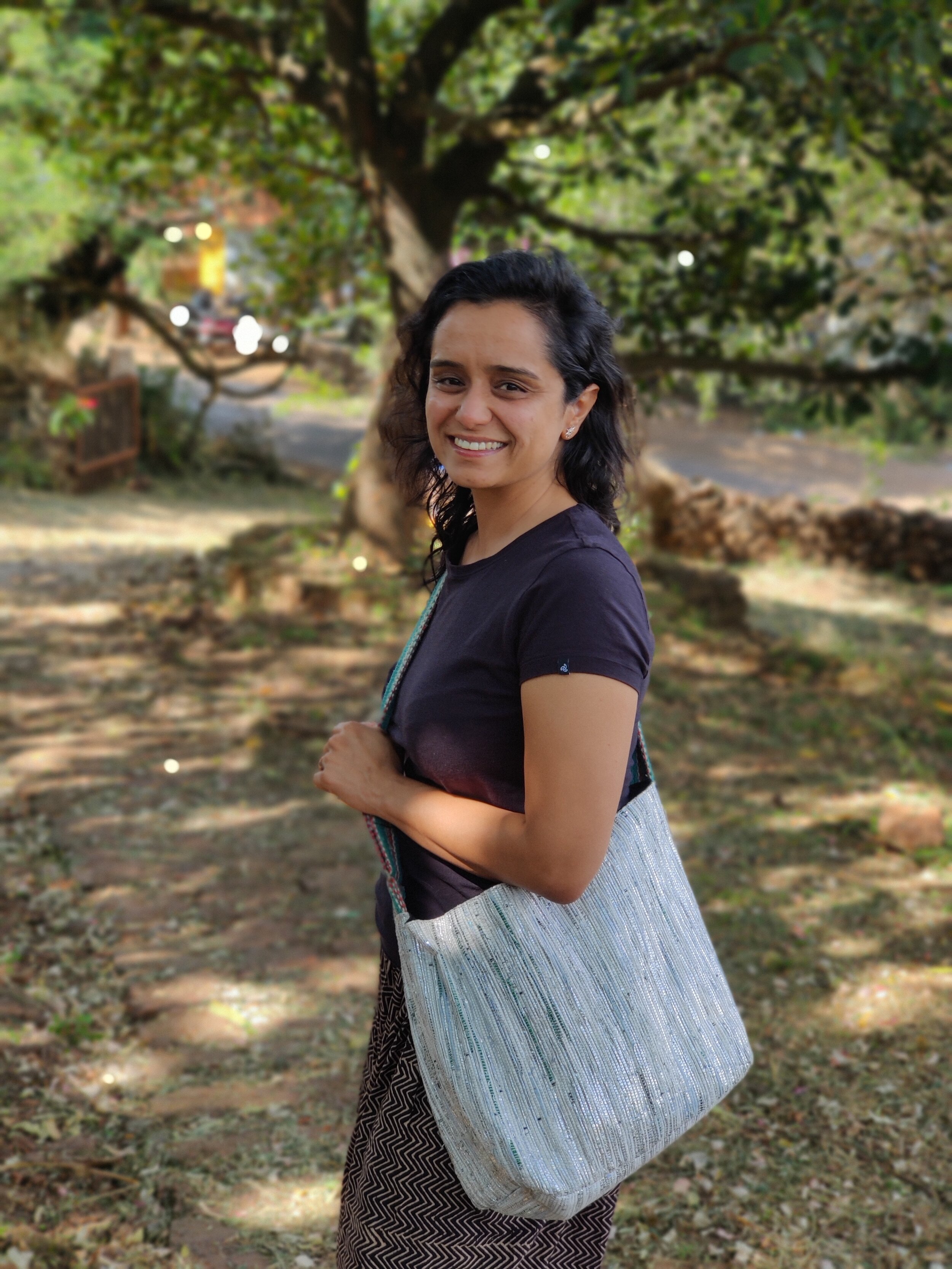
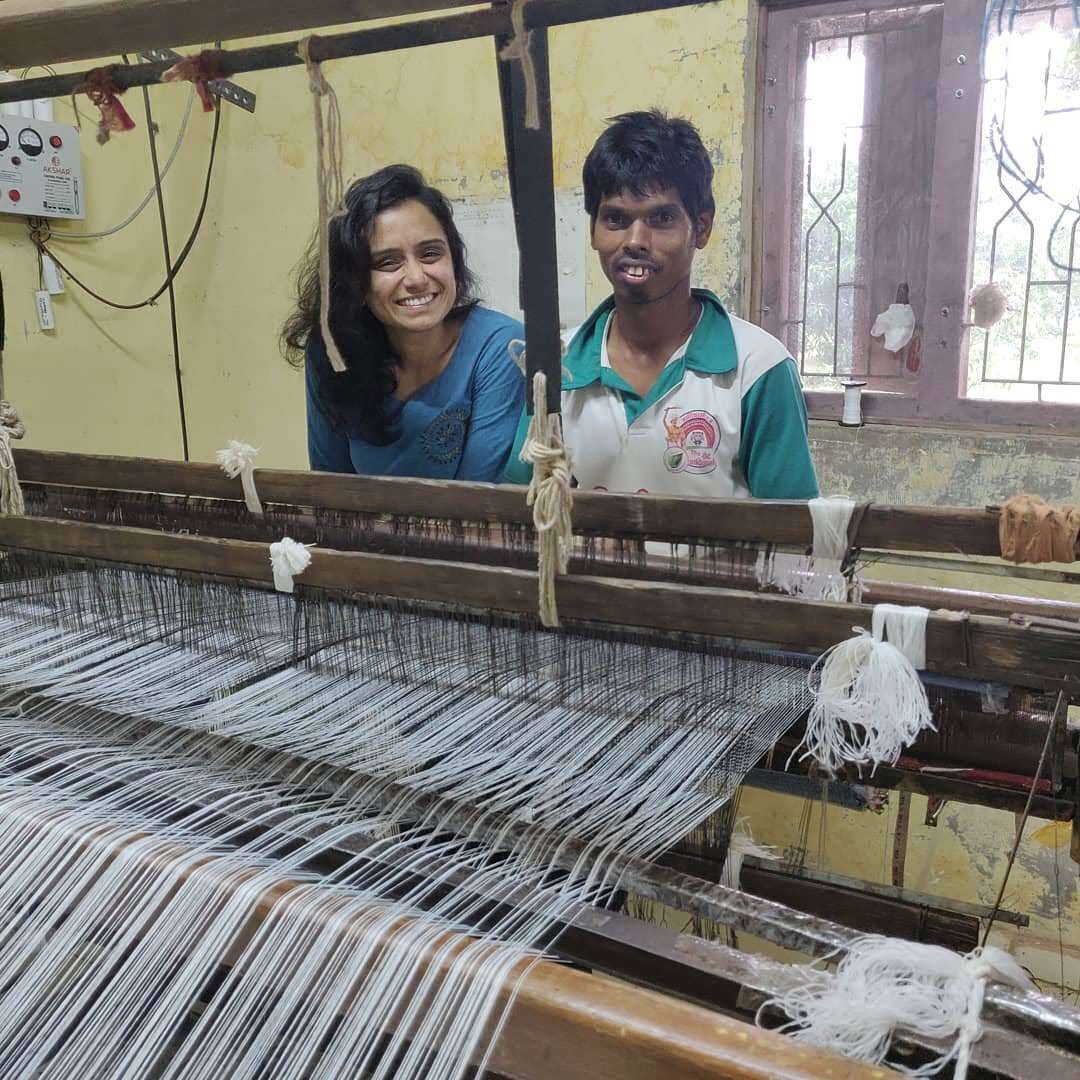
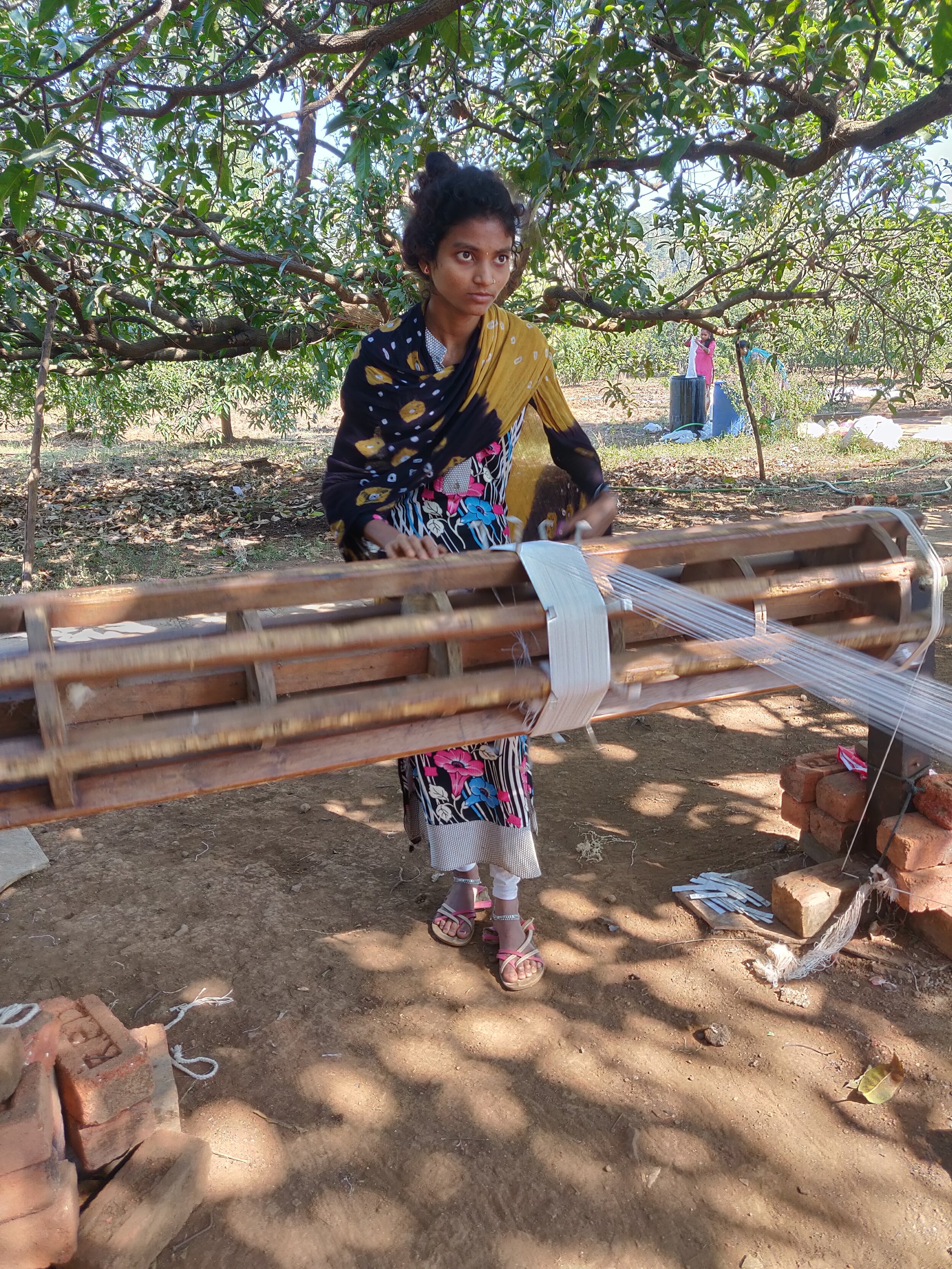
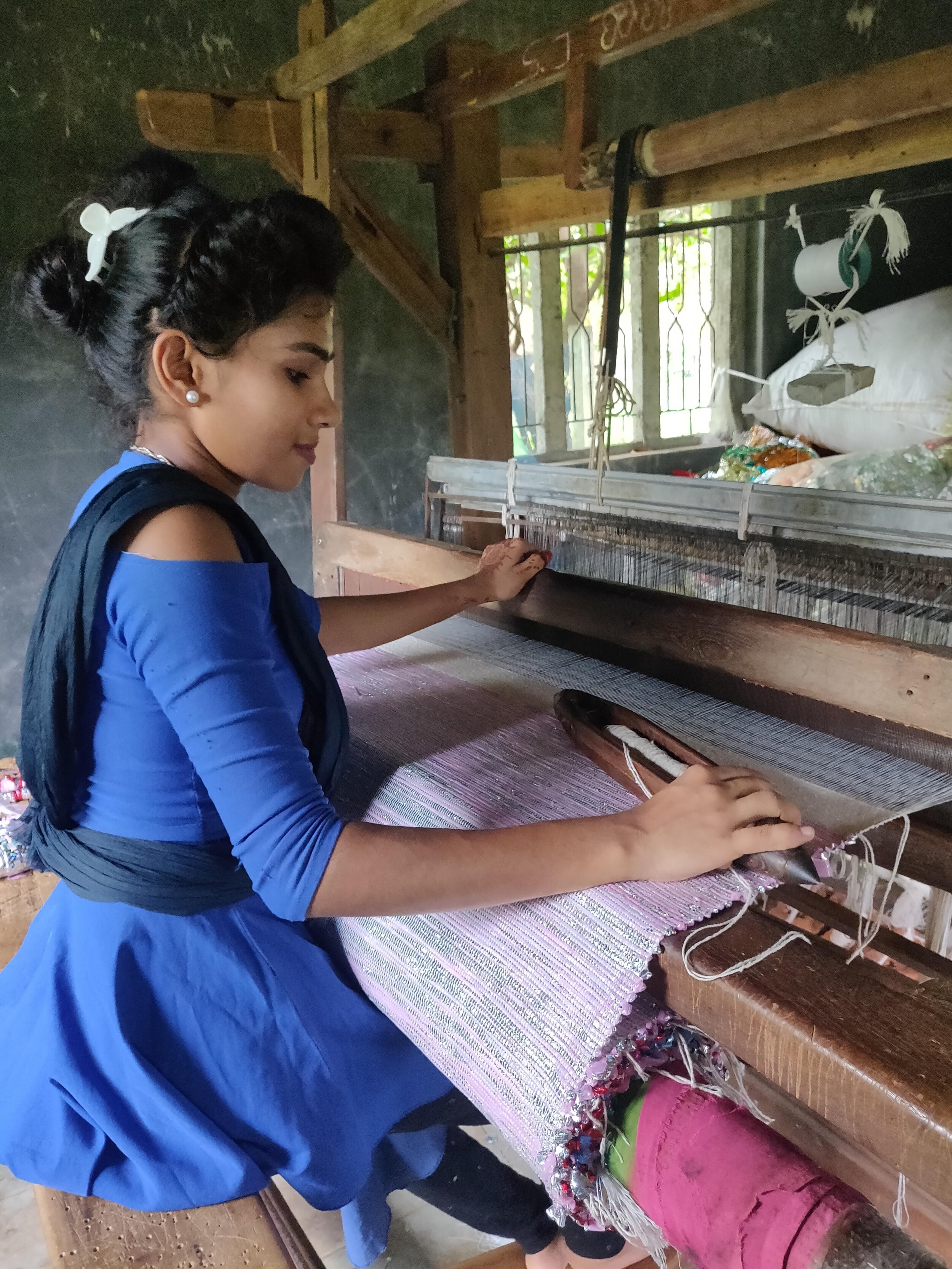
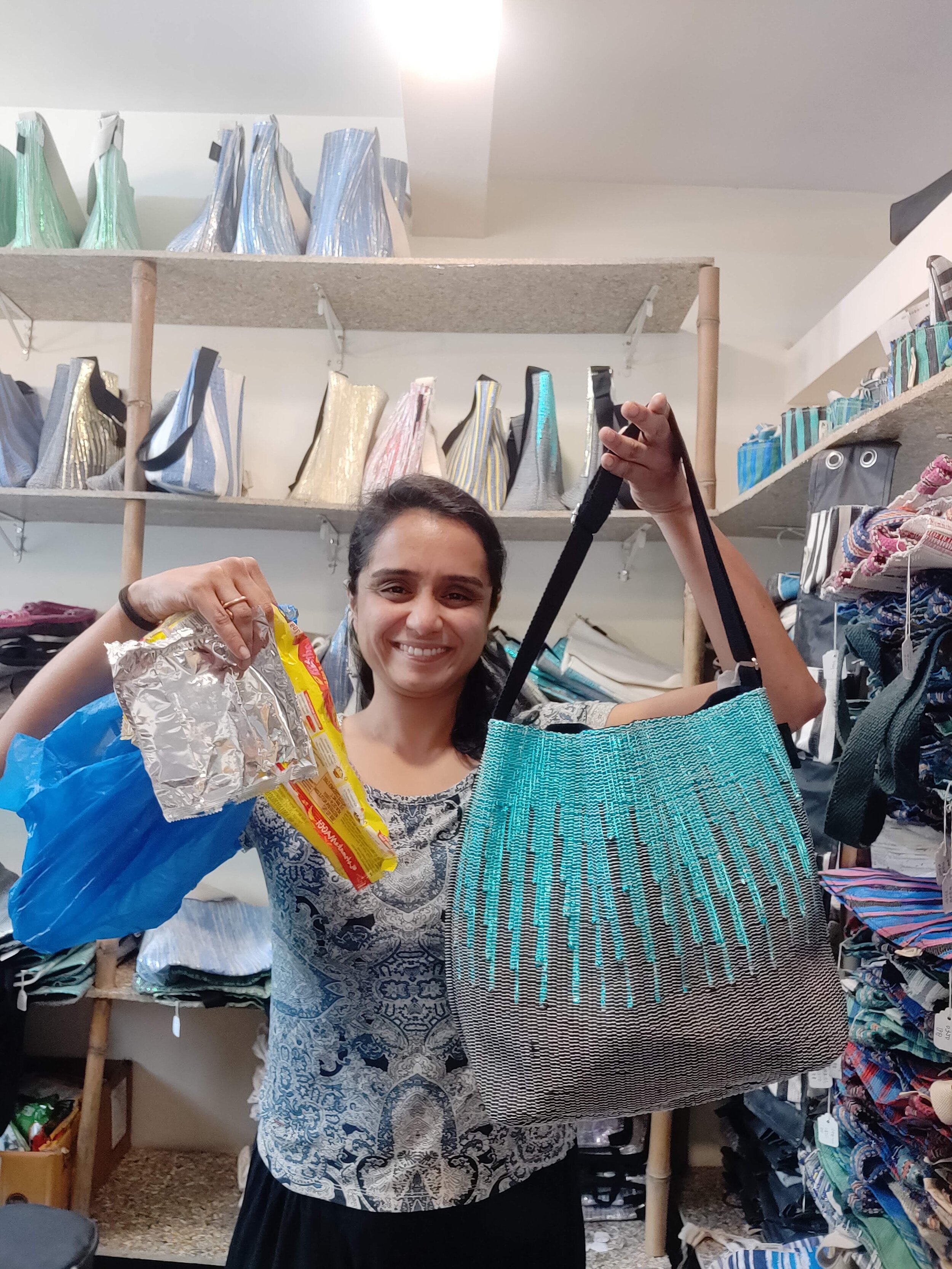












The Tribal Hermit is a social impact venture that works closely with 130+ Dhokra craft artisans from Kondagaon, Bastar, and Raigarh districts of Chhattisgarh to design, create, and sell their products.